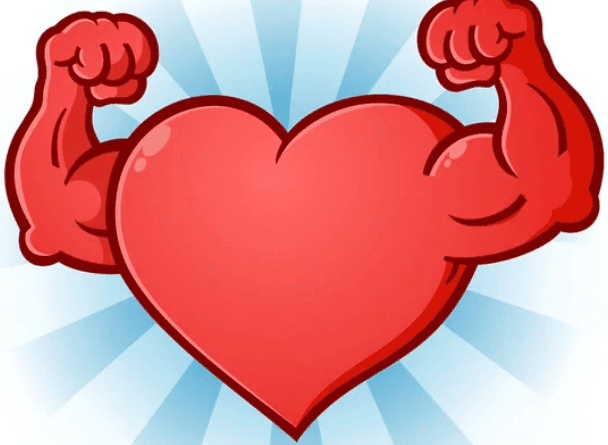Lead from the Heart and Mind
Great leaders are inspiring, relatable and emotionally intelligent. Right? Not softies – at all – but wise, open and caring of those around them. We in Lean summarize this as Respect for People, a phrase we are learning has broader and deeper implications than we ever realized.
Science and business author Mark C. Crowley, just published the second edition of Lead From the Heart: Transformational Leadership for the 21st Century and “makes the unique case that bringing “heart” into management is no metaphor — and there’s nothing soft about it.” The heart and mind work together.
“We need leaders who definitely know how to drive performance and how to treat people. It’s like the goose that laid the golden egg: produce, produce, produce.”
As interviewed by Marcel Schwantes writing for Inc. Magazine, “there’s compelling new science that proves human hearts actually play a huge role in motivating performance…. His research proves that the most successful and effective workplace managers now pay great attention to their employees’ emotional experience at work (specifically how they feel), far greater attention than any of us ever believed necessary.”
“Crowley outlines the emerging science that shows how the human heart and brain are connected through the vagus nerve, with the heart sending more signals to the brain than the brain sends back. The net effect is that human beings are not as rational as we’ve always believed and up to 95 percent of the decisions we make every day are driven by feelings and emotions.”
Medical News Today
explains this vagus nerve is the 10th of 12 and “the longest and most complex of the 12 pairs of cranial nerves that emanate from the brain The name ’vagu’ comes from the Latin term for ‘wandering.’ This is because the vagus nerve wanders from the brain into organs in the neck, chest, and abdomen.” It carries vast amounts of information within us.
Both Michigan Cardiologist Dr. Paul Zack, and the HeartMath Institute, in studies on the human heart, find that “the heart has intelligence that influences the brain. As we increase positive interactions that develop trust, the heart prompts the brain to release oxytocin [also called the ‘love hormone’] and serotonin [a neural transmitter modulating mood, cognition, reward, learning, memory]. Kindness and compassion have an influence, that changes the chemistry of the body… when you’re kind toward someone, establishing trust, [through the neural cells] you get a biological reaction of oxytocin. If you know that people are optimally performing when you’re kind and compassionate, why wouldn’t you want to do more of that?”
To explore more, here are links to a Schwantes-Crowley podcast and Crowley’s book

